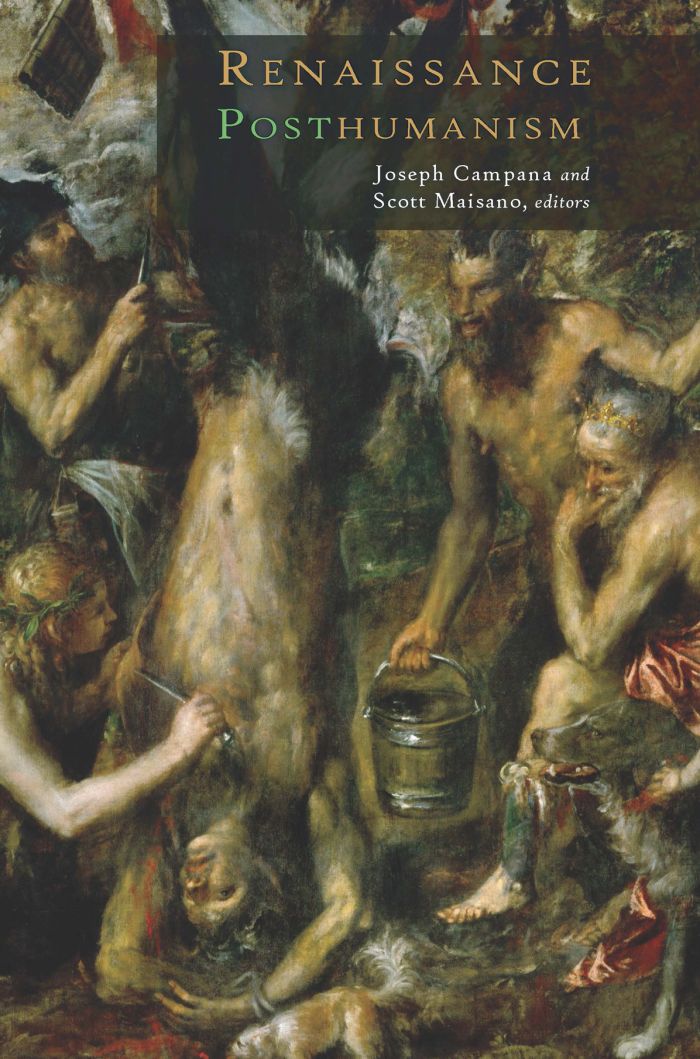Renaissance Posthumanism

Fordham University Press
This book can be opened with

Connecting Renaissance humanism to the variety of “critical posthumanisms” in twenty-first-century literary and cultural theory, Renaissance Posthumanism reconsiders traditional languages of humanism and the human, not by nostalgically enshrining or triumphantly superseding humanisms past but rather by revisiting and interrogating them. What if today’s “critical posthumanisms,” even as they distance themselves from the iconic representations of the Renaissance, are in fact moving ever closer to ideas in works from the fourteenth to the seventeenth century? What if “the human” is at once embedded and embodied in, evolving with, and de-centered amid a weird tangle of animals, environments, and vital materiality? Seeking those patterns of thought and practice, contributors to this collection focus on moments wherein Renaissance humanism looks retrospectively like an uncanny “contemporary”—and ally—of twenty-first-century critical posthumanism.
Fiery flint and weeping marble, hairy mandrakes and ardent monkeys, flayed skins and inky parchments, chimp-like sheep and one-eyed cows: these are among the quirky and vibrant actors assembled in this exciting and timely new volume. In search of Renaissance posthumanism, the authors examine unfamiliar archives in response to current environmental and technological urgencies, and their inventive and thoughtful readings will spur new lines of inquiry.
Exciting, scholarly and untimely in the best way, the essays in Renaissance Posthumanism cross-multiply history and theory into bracingly new forms.

